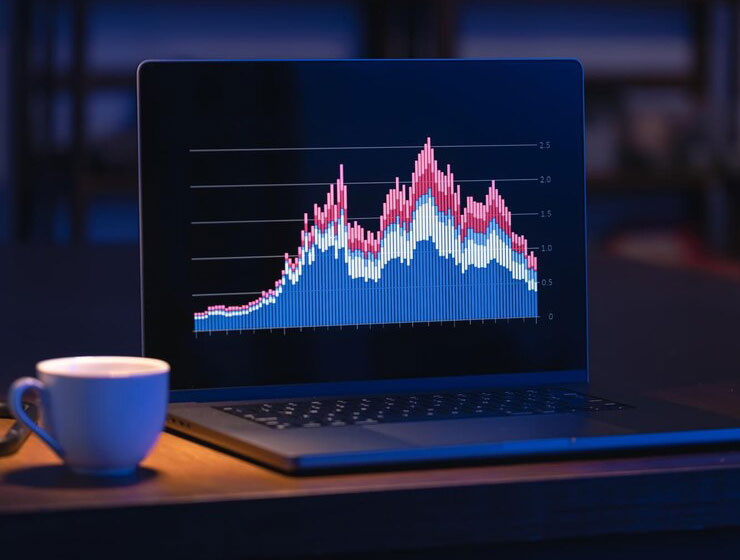Trade policies are playing a pivotal role in shaping the economic outlook as nations navigate through a landscape marked by uncertainty, geopolitical tensions, and the lingering effects of the COVID-19 pandemic. From tariffs and trade agreements to supply chain disruptions and export restrictions, the decisions made by governments are influencing trade flows, investment patterns, and economic growth trajectories around the world.
Amidst escalating geopolitical tensions and trade disputes, countries are reassessing their trade policies to safeguard their economic interests and protect domestic industries. The United States, under the Biden administration, has signaled a shift away from the protectionist stance of the previous administration, prioritizing multilateral engagement and diplomacy to address trade imbalances and unfair practices.
One of the key challenges facing policymakers is the resurgence of protectionism and trade barriers, which threaten to undermine the principles of free trade and global economic integration. The proliferation of tariffs, quotas, and export controls has disrupted supply chains, increased costs for businesses, and hindered the recovery of trade-dependent economies still grappling with the aftermath of the pandemic.
Moreover, the COVID-19 pandemic has exposed vulnerabilities in global supply chains, prompting calls for greater resilience and diversification to mitigate future disruptions. Countries are reevaluating their reliance on single-source suppliers and exploring strategies to strengthen domestic production capabilities in critical sectors such as healthcare, technology, and semiconductors.
In parallel, efforts to negotiate and ratify trade agreements are continuing, albeit at a slower pace due to the challenges posed by the pandemic and geopolitical tensions. The Comprehensive and Progressive Agreement for Trans-Pacific Partnership (CPTPP), for example, recently welcomed the United Kingdom as its newest member, signaling a commitment to open and rules-based trade among participating nations.
At the same time, the World Trade Organization (WTO) is facing mounting pressure to reform and modernize its rules and procedures to address emerging trade challenges and restore confidence in the multilateral trading system. Efforts to revitalize the WTO’s dispute settlement mechanism, streamline trade negotiations, and update trade rules for the digital economy are underway, albeit progress has been slow amidst divergent interests and priorities among member states.
Looking ahead, the economic outlook will continue to be shaped by the evolution of trade policies and the resolution of key trade disputes and negotiations. The success of efforts to promote inclusive and sustainable trade, foster innovation and competitiveness, and address pressing global challenges such as climate change and public health will be critical in shaping a more resilient and prosperous future for all. As countries navigate through the complexities of the global trading landscape, collaboration and cooperation will be essential to overcome shared challenges and unlock the full potential of trade as a driver of economic growth and development.

